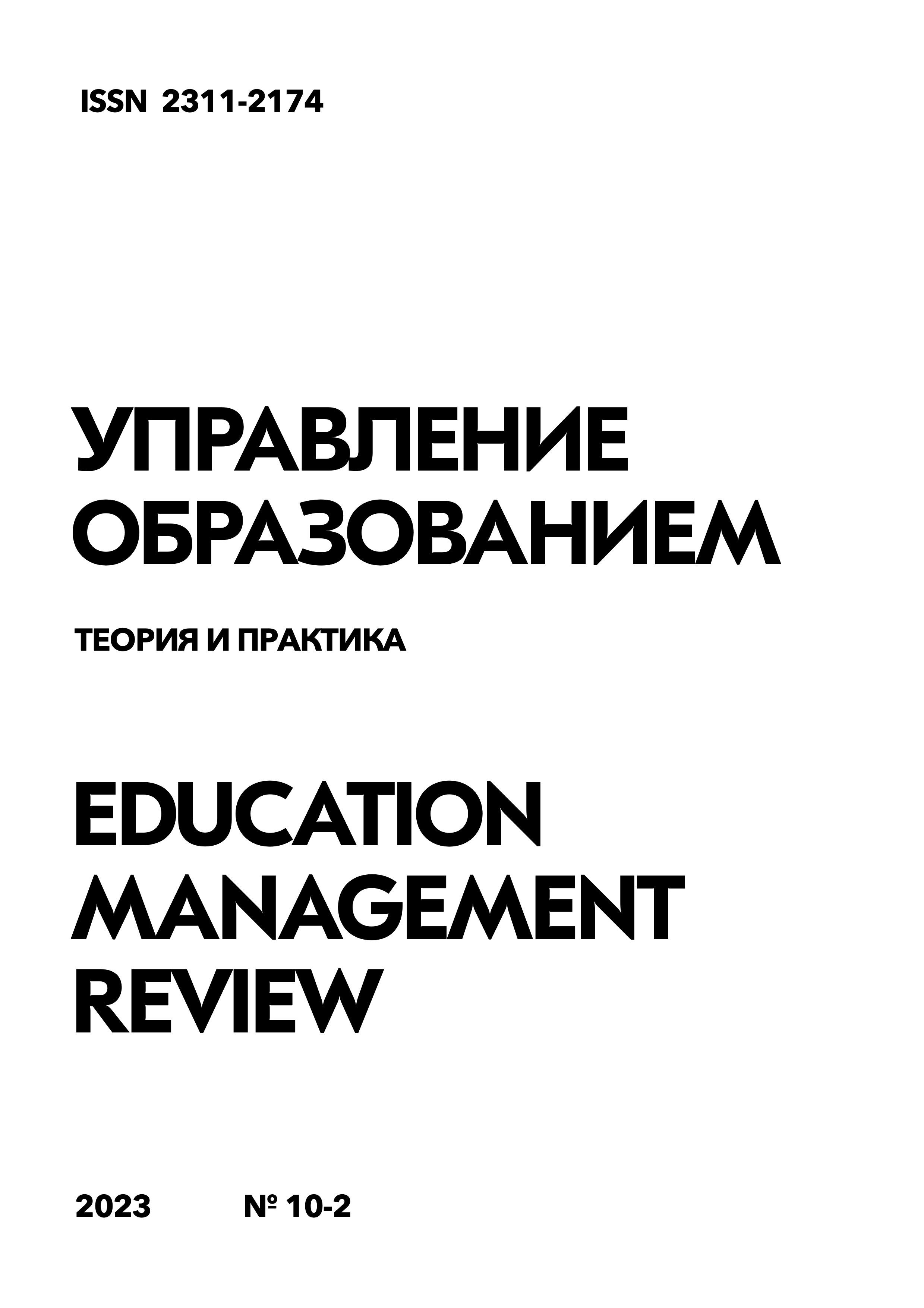Methodological and technological tools for the formation of functional mathematical literacy of younger schoolchildren
DOI:
https://doi.org/10.25726/r1239-5736-2281-iKeywords:
functional mathematical literacy, technological and methodological tools, typology of tasksAbstract
The article describes the technological and methodological tools for the formation of functional mathematical literacy of younger schoolchildren. Technological tools include the characteristics of technologies: - pedagogical design of preparation of tasks for the formation of functional mathematical literacy OKFARI, which involves six stages: 1. determination of the planned results/object of formation and/or evaluation; 2. formulation of the task and evaluation criteria; 3. approbation of the task; 4. development of the task; 5. use of the task in mass practice; 5. working with a task in elementary school lessons based on the student's choice of the type of task and "assistant". The methodological aspect is represented by a set of tasks of a certain typology for the formation of functional mathematical literacy in the process of teaching mathematics to younger schoolchildren. Special attention is paid to mathematical tasks of two types, when performing which it is necessary: a) to analyze the situation, to argue or justify your way of solving, to check the result; b) to make an assumption or put forward a hypothesis. Such tasks are not typical for the initial course of mathematics, but are of great importance in the formation of functional literacy (including mathematical). By completing tasks, students learn to apply mathematical knowledge and skills in solving practice-oriented, contextual situations involving multiple solutions and answers received. The article also presents the primary results of testing this toolkit in school practice. The developed methodological and technological tools allow to coordinate the subject, meta-subject results and qualities characterizing the functional mathematical literacy of a primary school graduate; provides the necessary conditions through the application of new approaches to the design of the lesson and extracurricular activities. The results of the approbation in 7 subjects of the Russian Federation and the expert evaluation of the proposed materials confirm the practical significance of the study.
References
Захарова В. А. Выбор ключевых элементов педагогической технологии формирования функциональной грамотности в начальной школе // Гуманитарные исследования. Педагогика и психология. 2022. № 9. С. 7-16.
Кречетников К. Г. Педагогический дизайн и его значение для развития информационных образовательных технологий [Электронный ресурс]. URL: http://ito.edu.ru/2005/Troitsk/2/2-0-9.html (дата обращения 10.12.2021 г.).
Селькина Л. В., Худякова М. А. Учебные задания как средство формирования функциональной математической грамотности младших школьников // Пути достижения целевых ориентиров в начальном общем образовании: воспитание, обучение, развитие: электрон. сб. ст. по матер. ХIII Всерос. науч.-практ. конф. «Педагогические чтения памяти профессора А.А. Огородникова» (1 марта 2022 г., г. Пермь, Россия). Ч. 1 [Электронный ресурс] / под общ. ред. О.В. Шабалиной; Перм. гос. гуманит.-пед. ун-т. Пермь. 2022. 3,8 Mb – 1 электрон. опт. диск (CD-R).
Федеральная рабочая программа по учебному предмету "Математика" (1 – 4 классы образовательных организаций). М. 2023. 64 с.
Федеральный государственный образовательный стандарт начального общего образования. Приказ Министерства просвещения Российской Федерации от 31.05.2021 № 286 [Электронный ресурс]. URL: http://publication.pravo.gov.ru/Document/View/0001202107050028 (дата обращения: 01.05.2021)
Худякова М. А., Власова И. Н., Селькин Л. В. Концептуальные основы формирования функциональной математической грамотности младших школьников / М.А. Худякова, И.Н. Власоа, Л.В. Селькина // Управление образованием: теория и практика. 2022. № 3 (49). С. 141-153.




